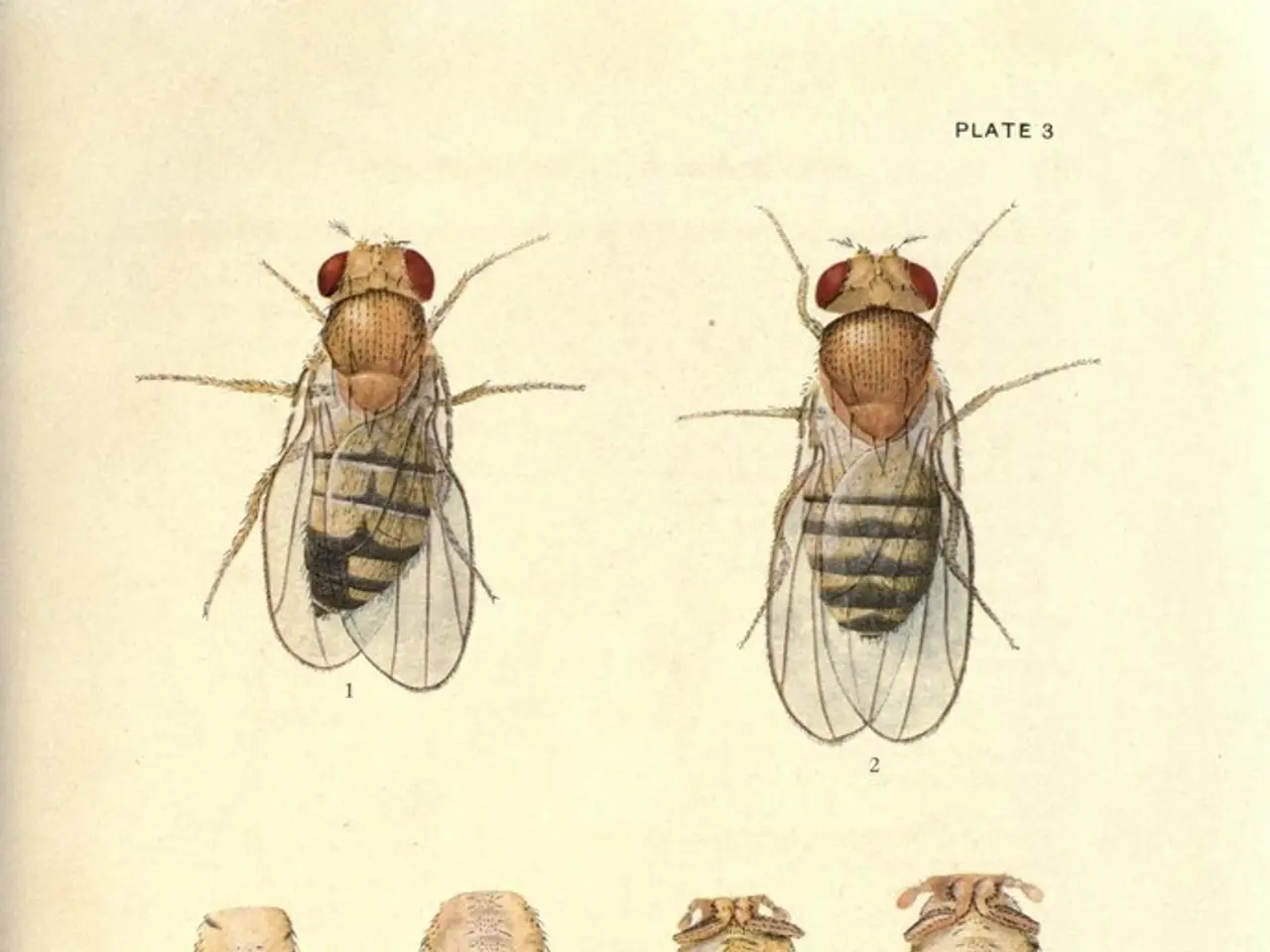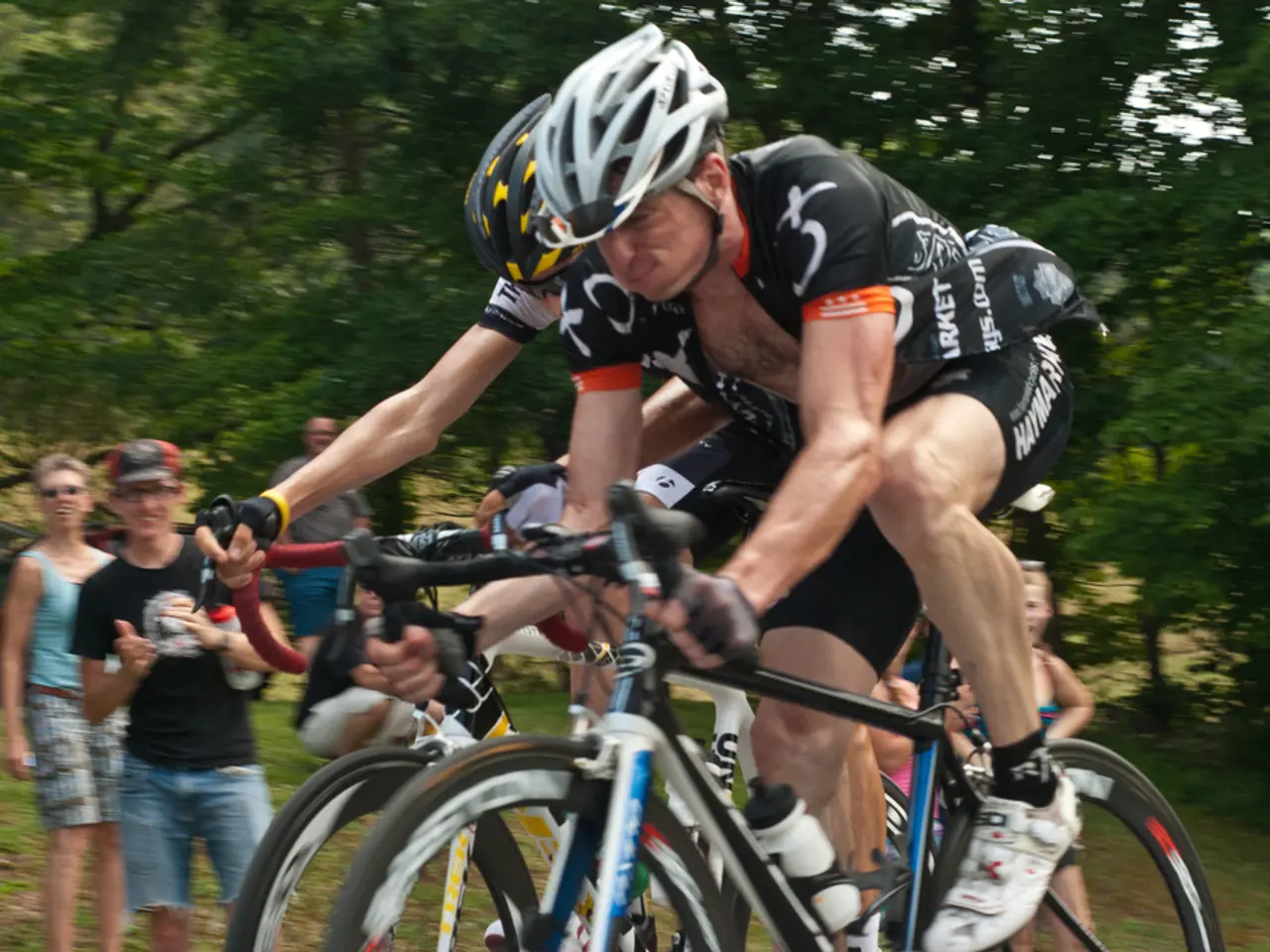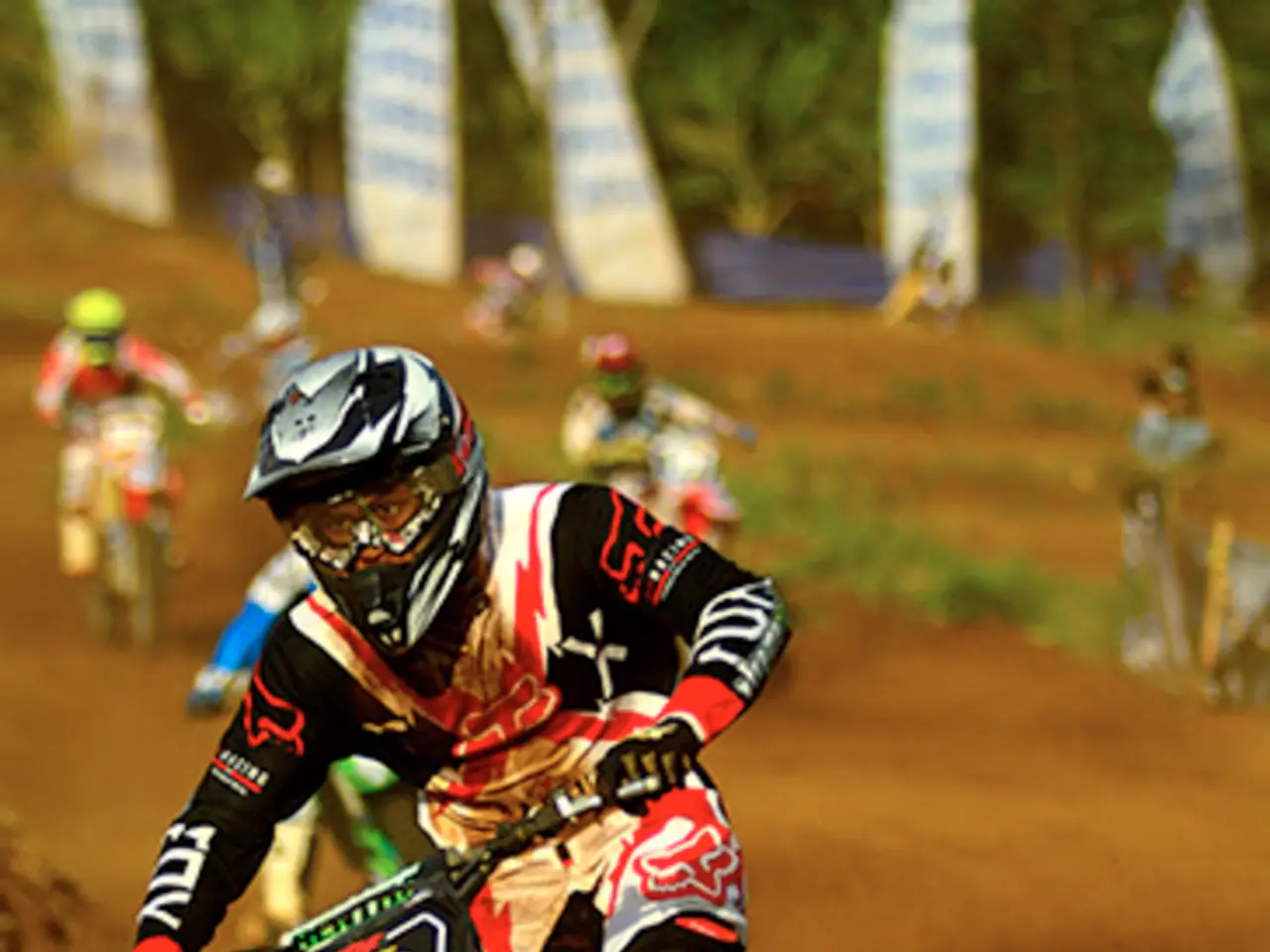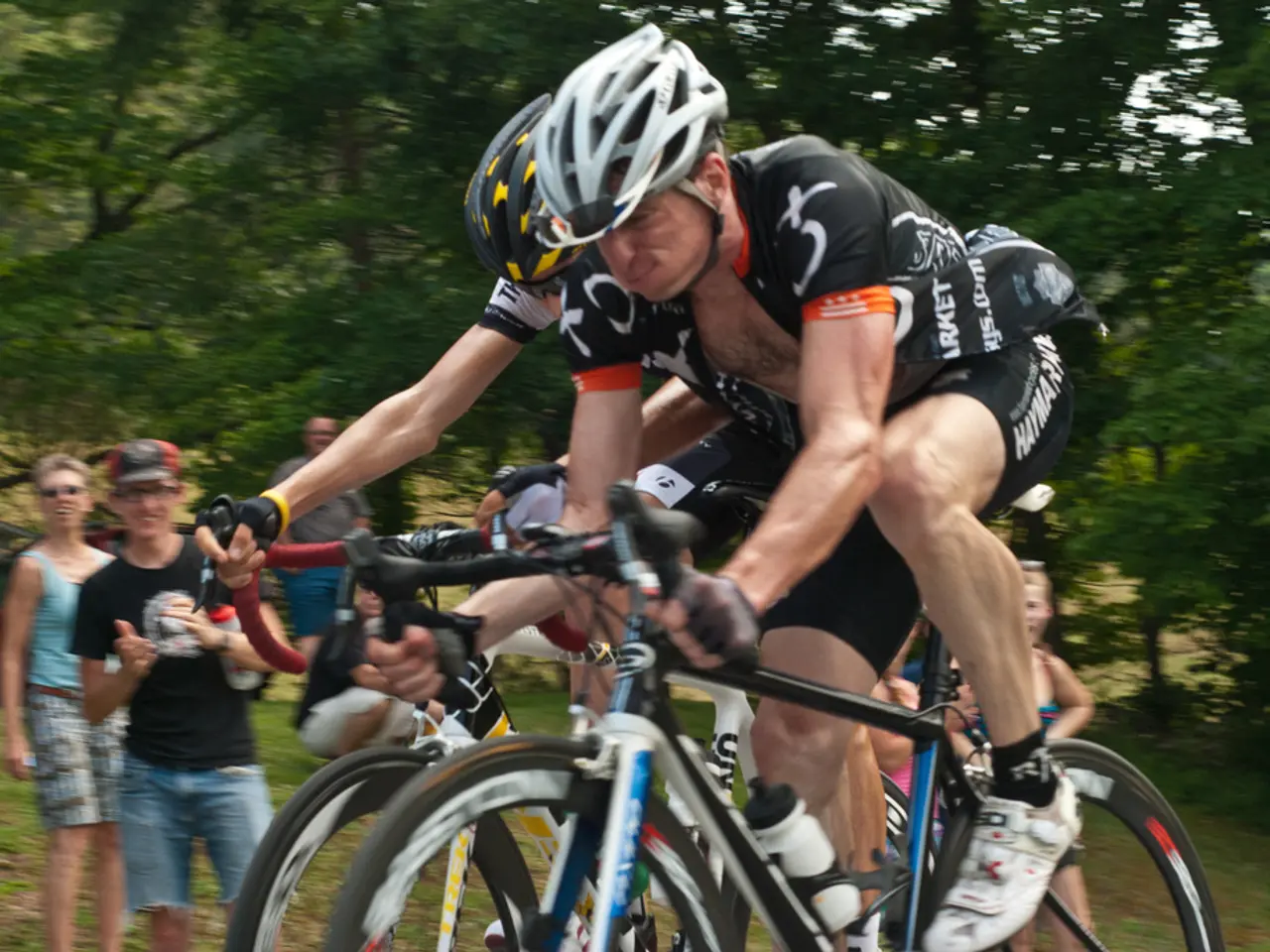Freiburg soccer team to employ threadworms as pest control for Japanese beetles
In the picturesque city of Freiburg, an invasive insect known as the Japanese beetle (Popillia japonica) has made an unwelcome appearance. However, there's no need for alarm as the infestation, which includes sensitive sites like SC Freiburg's professional training ground and TSV Alemannia's lawn areas, is being addressed through a combination of measures as part of local and regional pest management efforts.
The Japanese beetle, originating from Asia, is one of the pests that must be systematically fought in the EU. While it can cause significant damage in agriculture, it does not pose a threat to human and animal health. Fortunately, the club's lawn areas at TSV Alemannia are not affected by the infestation, according to a spokesperson.
The district office in Freiburg has imposed watering restrictions in an infestation zone north of the city center. However, the professional training ground at SC Freiburg's stadium and TSV Alemannia's lawn areas are exempt from the watering ban. This is good news for both clubs, as they can continue to water their lawn areas as needed.
The infestation zone does extend to SC Freiburg's professional training grounds, but the Europa-Park Stadium remains unaffected. The authorities are working diligently to prevent the spread of the Japanese beetle further. At least 21 Japanese beetles were caught in the Freiburg freight yard this year, underscoring the need for vigilance.
The approach to controlling the Japanese beetle infestation in Freiburg involves a multi-faceted strategy. Regular inspections and trapping are conducted around the affected sites to track beetle populations and detect new infestations as early as possible. Manual removal and vacuuming of beetles from turfgrass areas are sometimes employed to reduce adult populations without chemicals, especially in high-value sports turf like SC Freiburg’s training grounds.
The use of beneficial nematodes (e.g., Heterorhabditis bacteriophora) and entomopathogenic fungi targeting Japanese beetle larvae in the soil is also recommended to decrease grubs that damage turf roots. Targeted application of approved insecticides may be used under strict guidelines and timing to minimise environmental impact, particularly focusing on grub stages underground or active adults, if necessary.
Maintaining healthy turf through proper mowing, irrigation, and fertilization to increase grass resilience against beetle damage is another cultural practice employed in the fight against the Japanese beetle.
Local authorities in Freiburg, in cooperation with pest control experts, sports clubs, and environmental agencies, have likely developed integrated pest management (IPM) plans tailored to sensitive areas such as sports fields to control infestation while preserving playing conditions and safety.
For the most precise updates specific to SC Freiburg and TSV Alemannia’s grounds, contacting Freiburg’s local plant health offices or the clubs’ facility management would provide the latest site-specific measures and protocols.
- The potentially harmful effects of climate change on health and the environment are worthy topics within environmental science and science, as both fields strive to understand and mitigate the impact of such changes.
- Given the extensive research in environmental science related to climate change, finding solutions to combat the Japanese beetle infestation, such as the use of beneficial nematodes and entomopathogenic fungi, could lead to significant advancements in pest management and sports turf protection.
- The European leagues, like SC Freiburg and TSV Alemannia, face unique challenges in maintaining pristine sports fields due to factors like pest infestations, making the collaborative pest management efforts between local authorities, clubs, and experts all the more critical for sustaining high-quality sports infrastructure.








